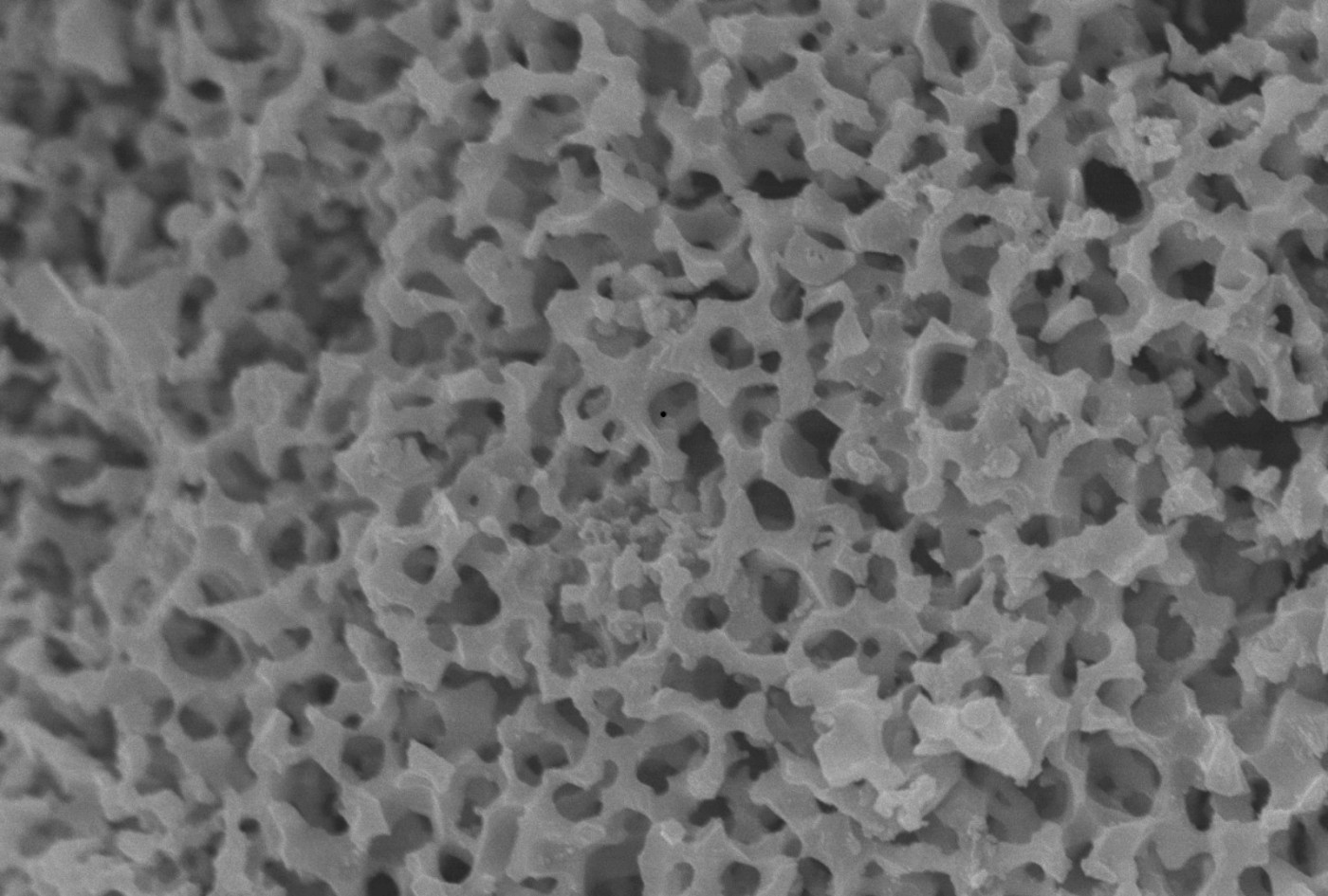
Increase in the use of fossil fuels to meet energy needs has triggered a huge demand for alternative sources of energy and services associated with it. Li-ion batteries have emerged as an efficient energy storage device due to their applications in electric vehicles and portable electronic devices. This led to a study on increasing the Li-storage capacity and outperforming the traditional material by replacing graphite with silicon anode.
Waste glass, often discarded in landfills, can be recycled into valuable materials like silicon nanomaterials, promoting efficient energy storage and reducing landfill waste, thus reducing environmental impact. Ahmedabad University Professors Sridhar Dalai and Snigdha Khuntia and research candidate Moulie Ghosh from the School of Engineering and Applied Science, designed a laboratory instrument to synthesise silicon nanomaterial from laboratory waste glass, addressing two critical issues, that is, waste management and the high cost of raw materials. The team received a patent from the Government of India’s Patent Office for the innovation.
In India, billions of waste glasses get dumped in landfills, only 45 per cent of which get recycled. Glass waste, which often constitutes a significant portion of industrial and laboratory waste, poses a considerable challenge in terms of disposal and environmental impact. Waste glasses are one kind that can be used as a source to produce silicon nanomaterials.
The instrument designed by the team of researchers converts 75 per cent silica from the waste glass into silicon within 10 minutes using a green synthesis method. It ensures high conversion rates and efficiency by transforming micro silica into nano silicon, which can be used in various applications, including in batteries and supercapacitors. The project helps not only in waste management but also in reducing the raw material costs associated with silicon production. The research also involves meticulous control of particle sizes and effective removal of by-products. This comprehensive approach maximises the utilisation of waste glass while also enhancing the performance of the resulting silicon nanomaterials.